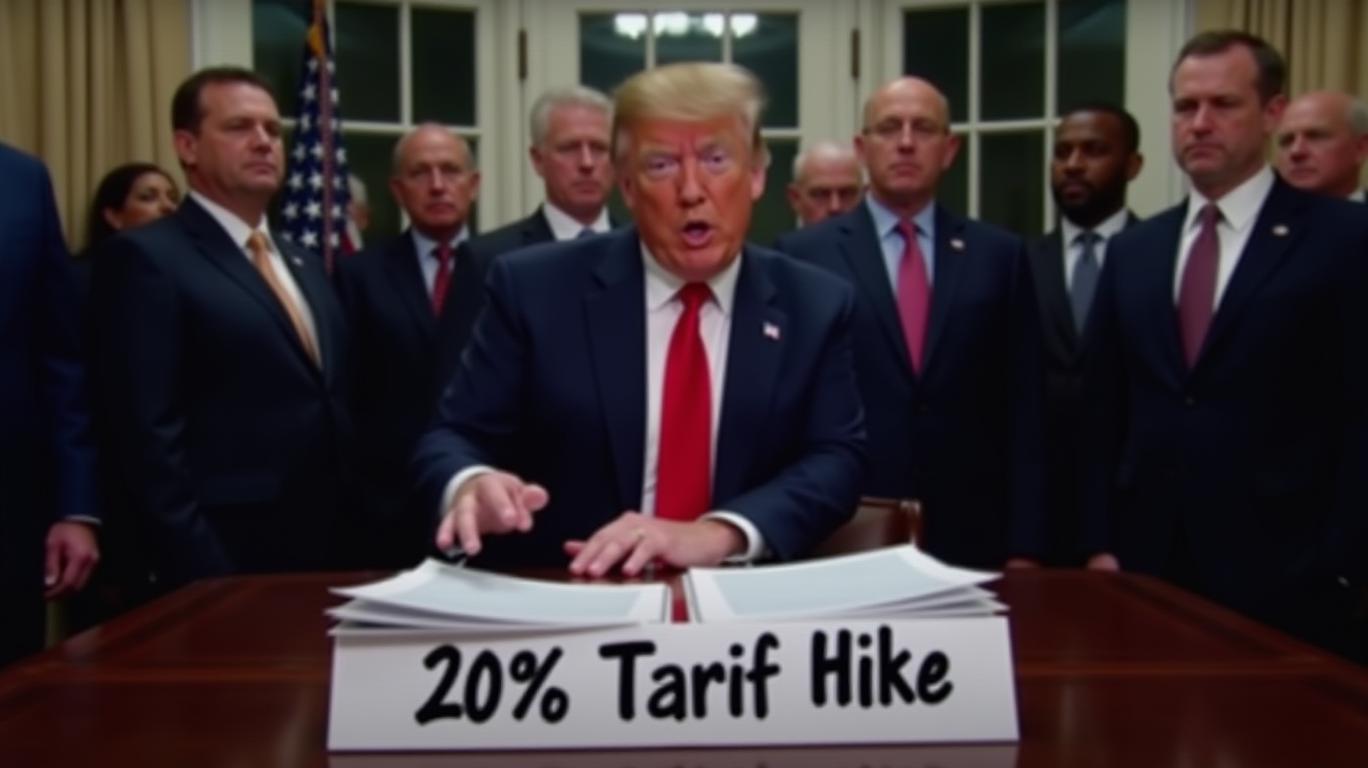Trump Administration Considers 20% Tariff Hike Across the Board
The Trump administration is considering expanding the scope of tariffs and may raise tariffs across the board to 20%. The administration is expected to finalize the specifics of the new tariff agenda by the end of Wednesday's deadline, weighing various options. President Trump is urging his team to take a more aggressive stance when formulating the tariff plan. One key point of contention is whether to implement individualized tariff rates on U.S. trading partners or to return to his campaign promise of imposing tariffs on almost all countries that engage in trade with the U.S.
This move comes as the administration seeks to address trade imbalances and protect domestic industries. The potential increase in tariffs could have significant implications for global trade, as it would affect a wide range of goods and services. The administration's decision to consider raising tariffs across the board to 20% indicates a shift towards a more protectionist trade policy, which could lead to retaliatory measures from other countries.
The administration's consideration of expanding the scope of tariffs and raising tariff rates reflects a broader strategy to rebalance trade relationships and promote domestic manufacturing. By imposing higher tariffs, the administration aims to reduce the trade deficit and encourage foreign companies to invest in the U.S. However, this approach could also lead to higher prices for consumers and increased costs for businesses that rely on imported goods.
The potential impact of these tariff changes on the global economy remains uncertain. While some analysts predict that the move could lead to a trade war, others believe that it could prompt negotiations and ultimately result in more balanced trade agreements. The administration's decision to consider raising tariffs across the board to 20% underscores the importance of trade policy in shaping the global economic landscape.

Quickly understand the history and background of various well-known coins
Latest Articles
Stay ahead of the market.
Get curated U.S. market news, insights and key dates delivered to your inbox.



Comments
No comments yet